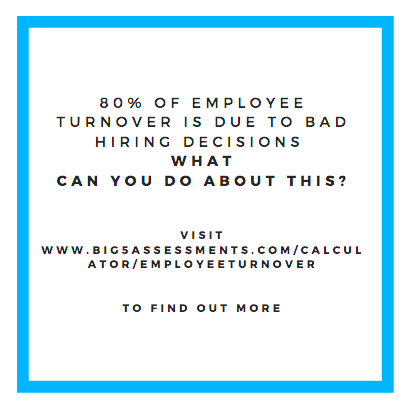What is Employee Turnover?
‘Employee turnover’ and ‘retention’ are phrases you will hear a lot in the world of employment. But what do they actually mean? This blog post will help you to understand what employee turnover is and how it can impact your company.
Definition
Employee turnover refers to the number or percentage of employees who leave a company within a given time period (usually a year). This information can be broken down further in order to provide a more detailed insight into potential improvements a company might choose to make. If a large number of staff are choosing to leave a company, then more research needs to be completed in order to ascertain why and rectify any issues that are causing the turnover.

Why Is Employee Turnover Important?
It is important to take employee turnover into account when running a company for many different reasons. Firstly, hiring staff costs money. That is pretty simple; the recruitment process can be quite costly for companies and if they are not retaining the staff they have hired, then the money spent on recruitment has been essentially wasted. 80% of employee turnover is as a result of bad hiring decisions.
It is costly to replace staff who choose to leave a company. With senior level staff it can cost approximately 150% of their annual salary. Clearly, this money could be put to better use if employee turnover is decreased.
Summary
Overall, high employee turnover can be detrimental to a company and therefore having an understanding of what employee turnover means can benefit the running of a company. Employee turnover should be taken into account when running a company in order to be cost-effective and ensure that the staff hired are correct for the position.




